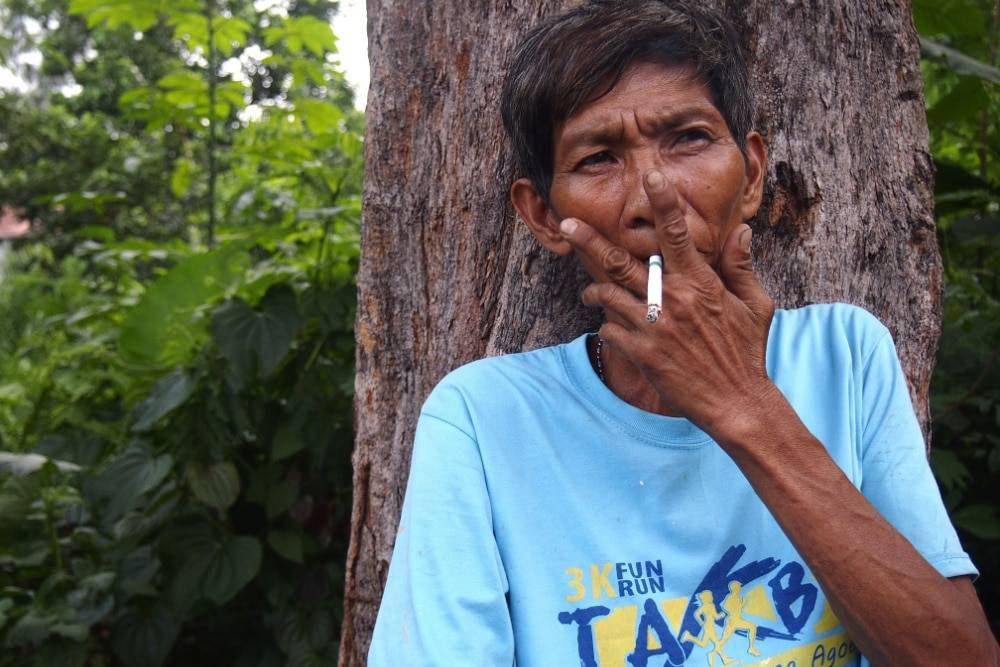The Philippines takes a monumental stride towards enhancing healthcare accessibility and treatment options for Filipinos grappling with irreversible lung diseases with the initiation of its inaugural Lung Transplant Program.
This project is a collaborative effort between the Lung Center of the Philippines (LCP) and the National Kidney and Transplant Institute (NKTI). This pioneering initiative marks a significant milestone in the country’s medical landscape, promising hope and healing to countless needy individuals.
A Commitment to Transformative Healthcare
At the forefront of this transformative endeavour stands Senator Sonny Angara, chair of the Committee on Finance. His committee’s commitment secured a substantial PHP50 million in funding for the program through the 2024 General Appropriations Act. This significant allocation underscores the government’s unwavering dedication to advancing healthcare services. This is particularly noted in specialised domains such as lung transplantation, where innovative interventions can dramatically improve patient outcomes and quality of life.
A Symbol of National Commitment
The launch of the Lung Transplant Program at the prestigious LCP lobby in Quezon City garnered attention and acclaim, with President Ferdinand R. Marcos Jr. gracing the event with his presence. In his address, President Marcos hailed the initiative as a testament to the nation’s unwavering commitment to public health. He also highlighted the pivotal role of collaboration in driving progress and fostering excellence in healthcare delivery.
LCP and NKTI Unite for a Comprehensive Approach
The start of the Lung Transplant Program can be traced back to a visionary memorandum of agreement forged between LCP and NKTI in 2022. This agreement signifies their shared resolve to confront critical challenges plaguing lung transplantation services. The program’s comprehensive strategy actively aims to overcome barriers from infrastructure constraints, organ procurement procedures, personnel training, and financial limitations that have long hindered optimal patient care and outcomes.
Infrastructure Enhancement for Comprehensive Care
Beyond facilitating life-saving lung transplants, the program encompasses ambitious infrastructure enhancement projects to fortify LCP’s critical care capabilities. Supported by government allocations and generous contributions from the private sector, these initiatives represent a concerted effort to bolster the country’s healthcare infrastructure. This ensures that facilities are equipped to deliver world-class services to those in need, regardless of socioeconomic status.
Respiratory Diseases as Leading Causes of Mortality and Morbidity
Respiratory illnesses remain one of the leading causes of mortality and morbidity in the Philippines. Consequently, the significance of the Lung Transplant Program is amplified. It offers a beacon of hope to individuals and families grappling with the burdens of lung diseases. Furthermore, the program aspires to pioneer innovative solutions that mitigate the societal impact of respiratory ailments. This can only be achieved by harnessing the collective expertise and resources of LCP and NKTI.
Hope and Healing for Filipinos Afflicted by Lung Diseases
The Lung Transplant Program is not only a triumph of medical innovation but also a testament to the power of collaboration and good leadership in driving positive change. Additionally, it has support from government officials, dedicated healthcare professionals, and engaged community stakeholders. Therefore, the program heralds a new era of hope and healing for individuals afflicted by lung diseases across the country. It also embodies the essence of compassionate care and unwavering commitment to the well-being of all Filipinos.
Charting a Course for Enhanced Healthcare Access and Excellence
Lastly, the Lung Transplant Program catalyses broader healthcare reform. It inspires renewed efforts to expand access to specialised treatments and services nationwide. Subsequently, the Philippines is poised to usher in a new era of healthcare excellence.

